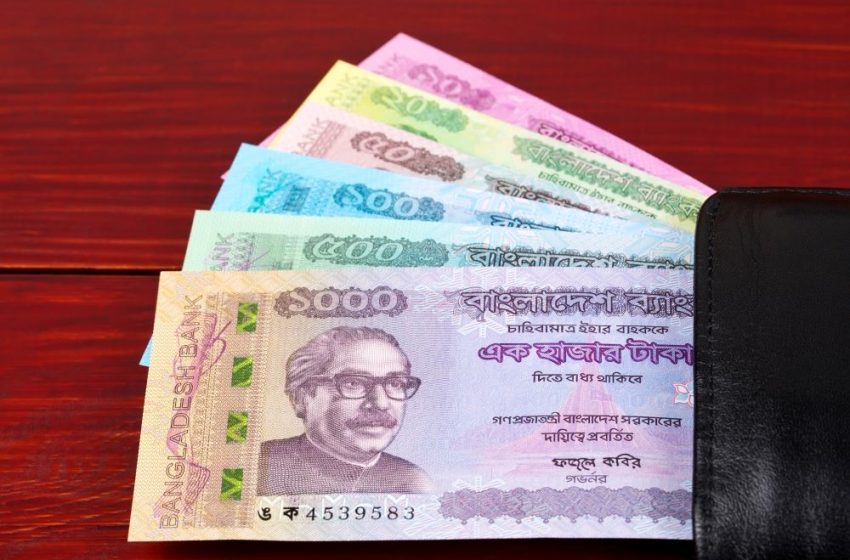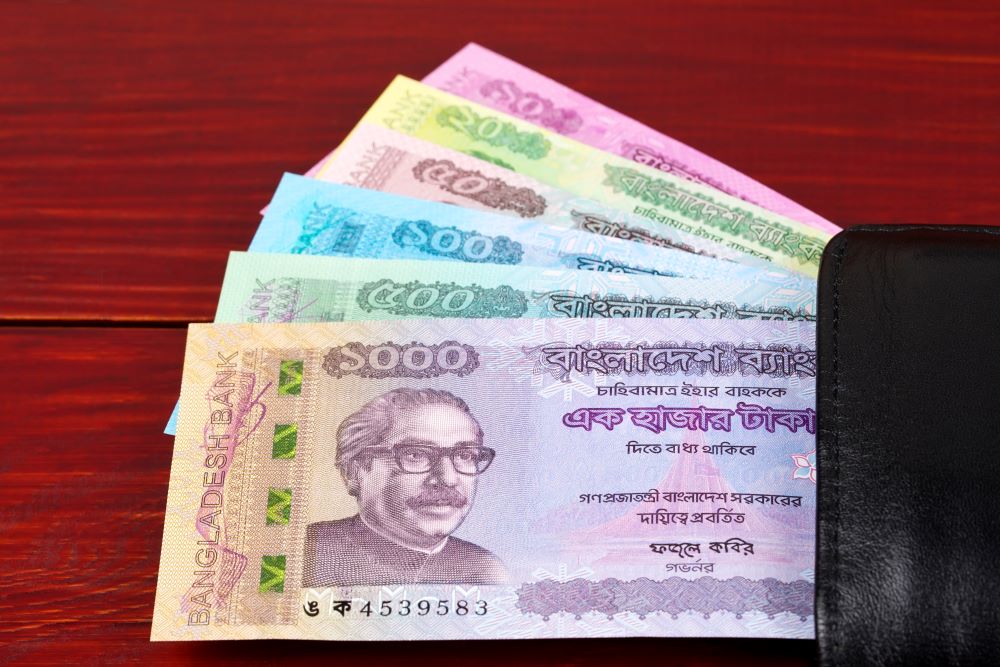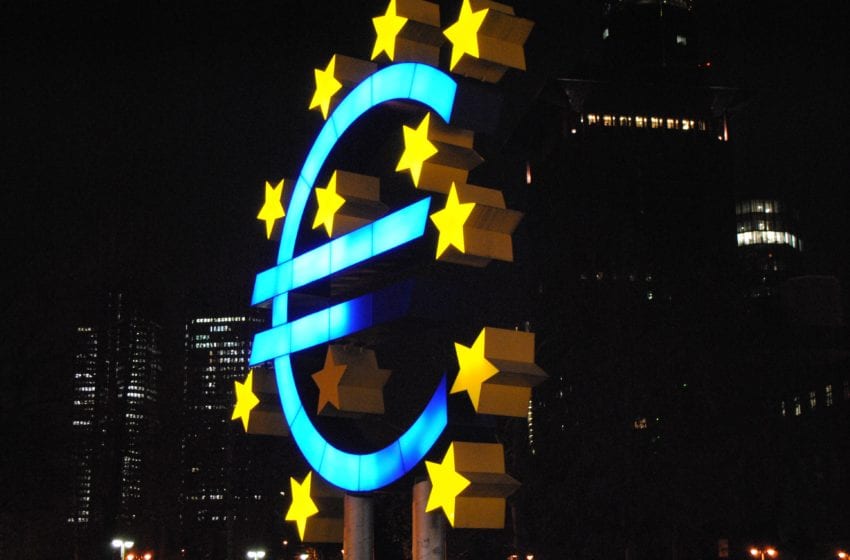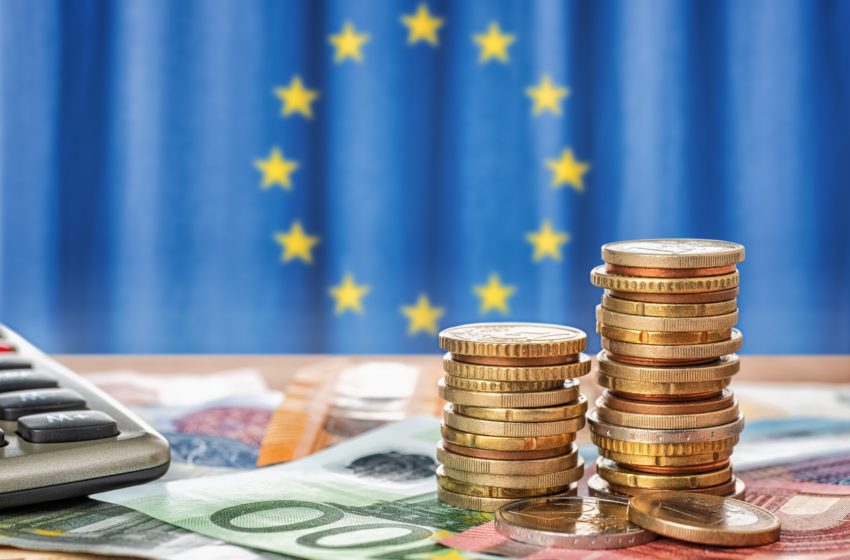
A new law that increases the tax on vaping products in Louisiana takes effect on July 1.
But some vape shop owners say it is not the tax hike that bothers them the most about the new law.
Rep. Paul Hollis, from St. Tammany Parish, authored the bill that Governor John Bel Edwards signed into law.
“Basically, what we’ve done, we’ve increased the excise tax placed on vape products. Currently, it’s 5 cents, on July 1 it will go to 15 cents per milliliter,” said Hollis.
Hollis said revenues from the higher tax will benefit La. State Police. “We put this vape tax and we dedicate it to the state police salaries and the legislature obviously believes are long overdue. I’m embarrassed by what we currently pay state police, especially new officers,” said Hollis.
Landon Naquin said he owns Gotta Stop in Houma and is in the vape product business, according to FOX8Live.
“I’m actually not opposed to a tax increase within reason and I find that it’s in reasonable amount because frankly, the state has been losing money recently because so many people within my own business are transitioning from cigarettes to E-cigarettes and the state’s not collecting that revenue from the cigarettes they used to collect,” said Naquin.
Under the new law, beginning on October 1, vape product manufacturers and makers of alternative nicotine products that are sold in Louisiana will have to execute and deliver the certificate to the commissioner of the La. Office of Alcohol and Tobacco Control stating the product was on the market in the U.S. as of August 2016.
Naquin thinks that will have a significant impact.
“It pretty much only legally allows for three remaining products to remain on the market,” he said.
And the law calls for the ATC commissioner will have to develop and maintain a directory listing all vape and alternative nicotine product manufacturers that have provided certifications that comply with that law.



















